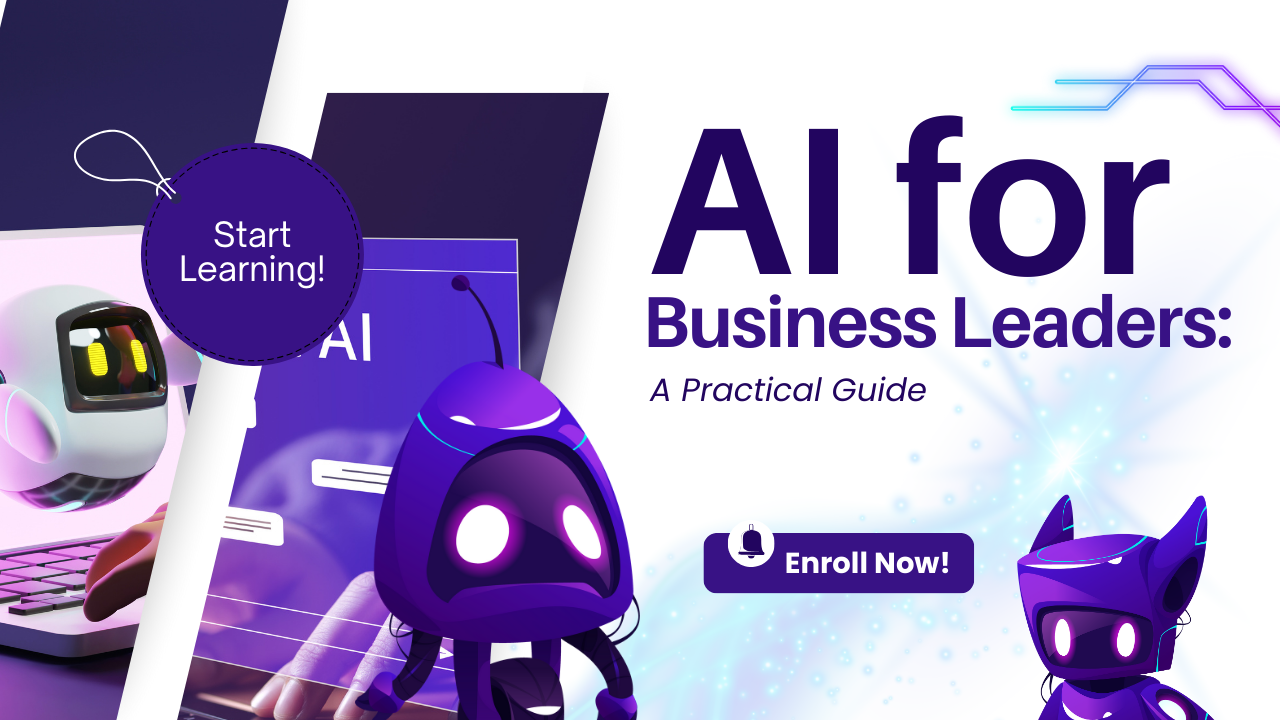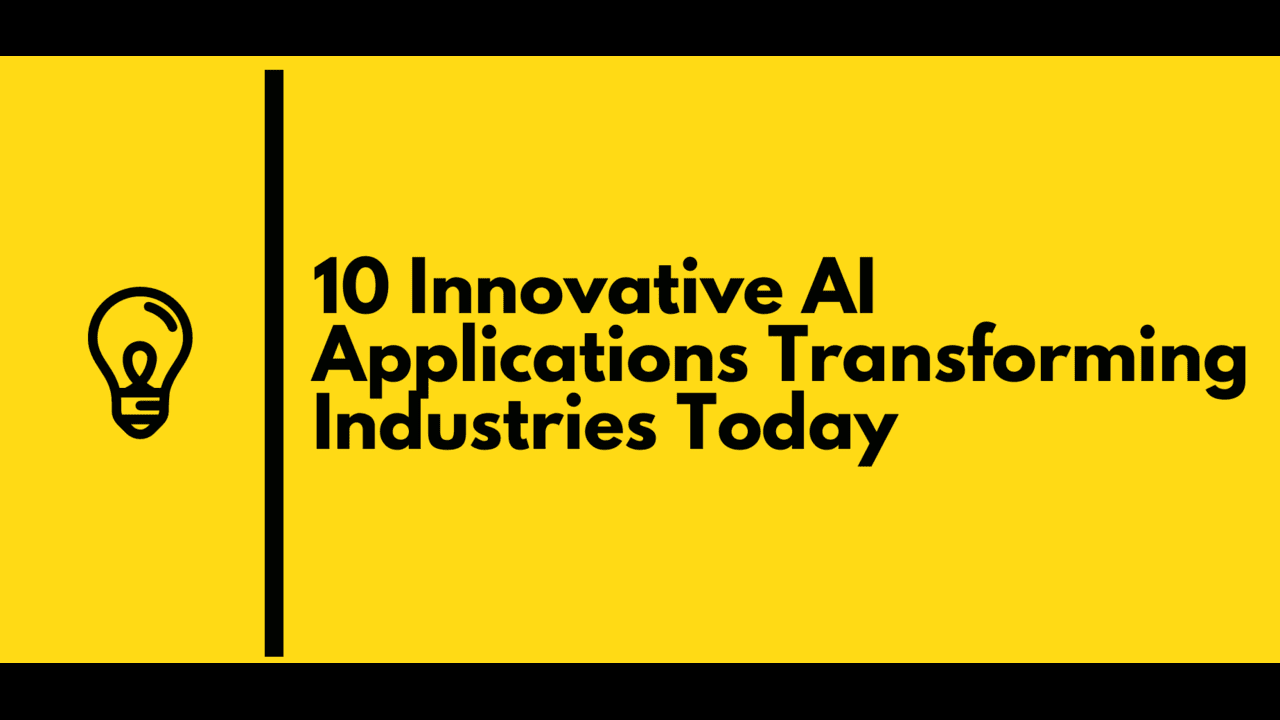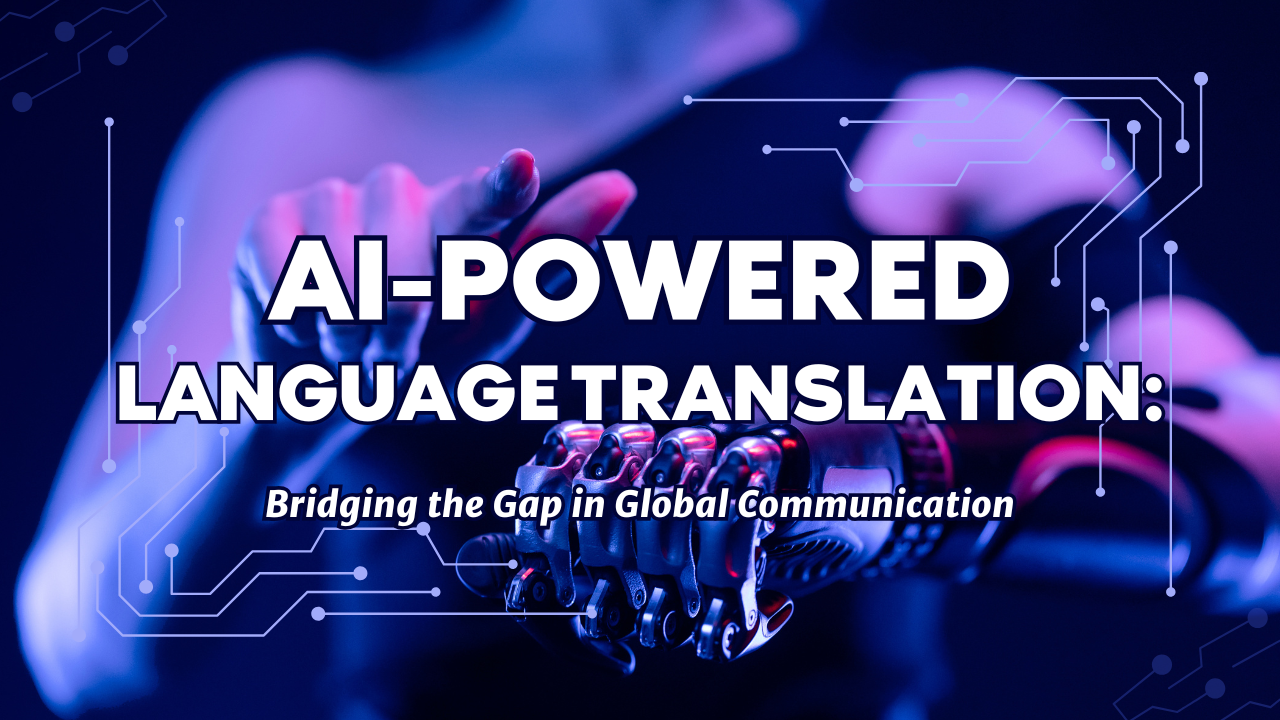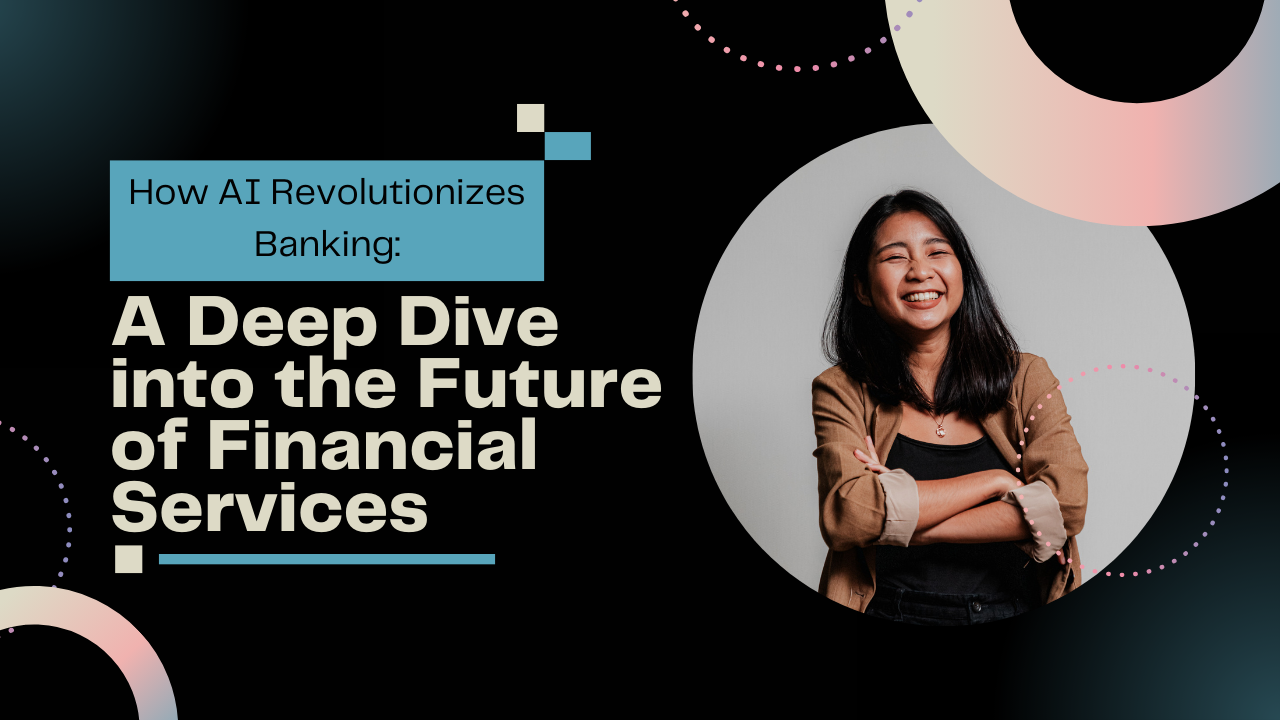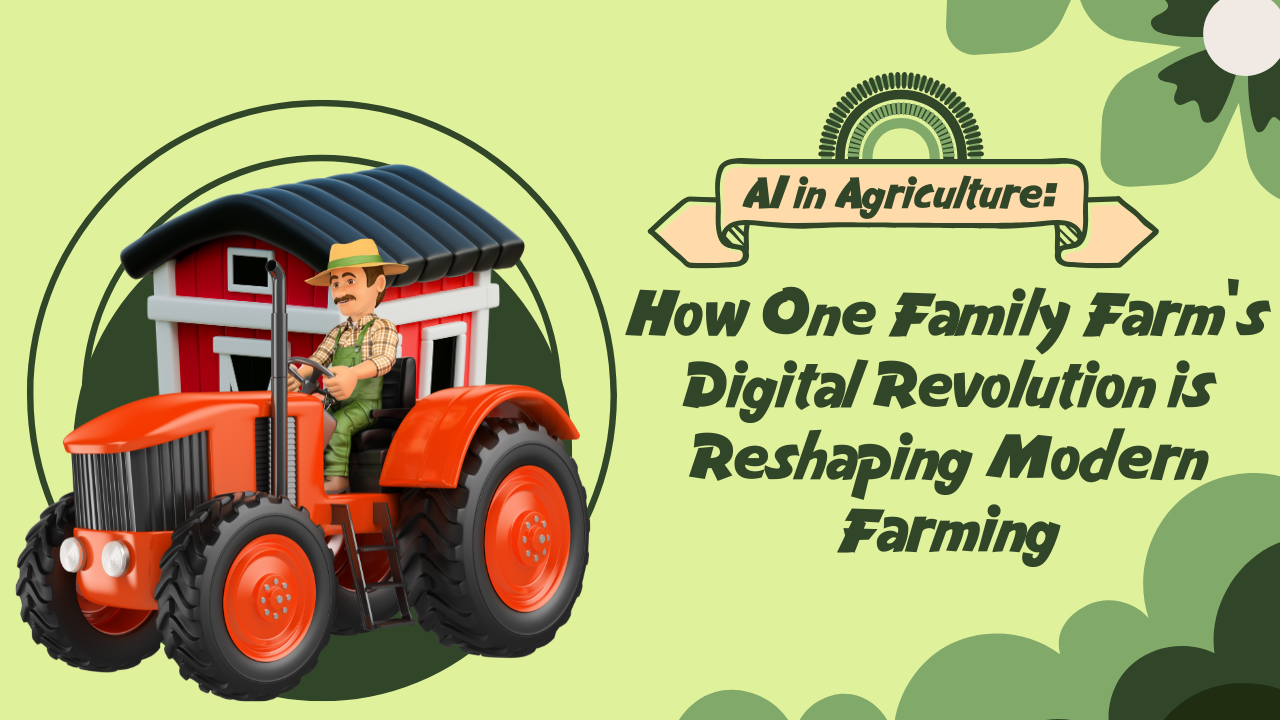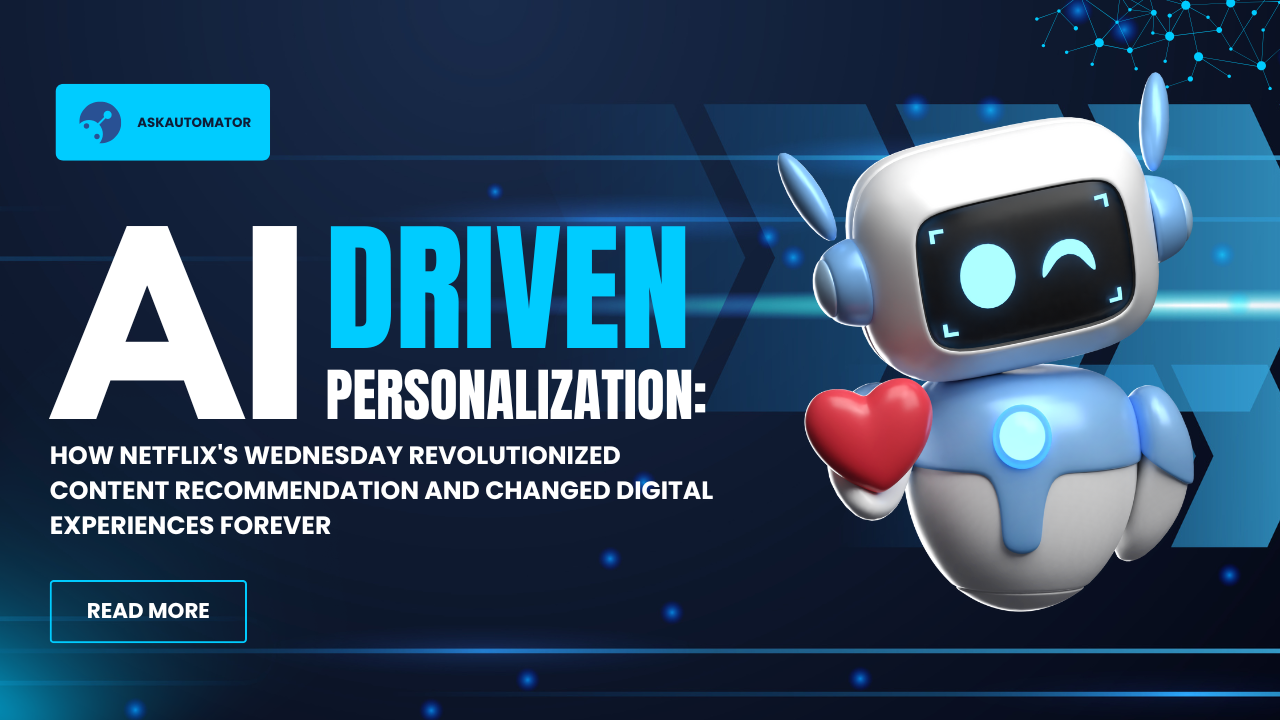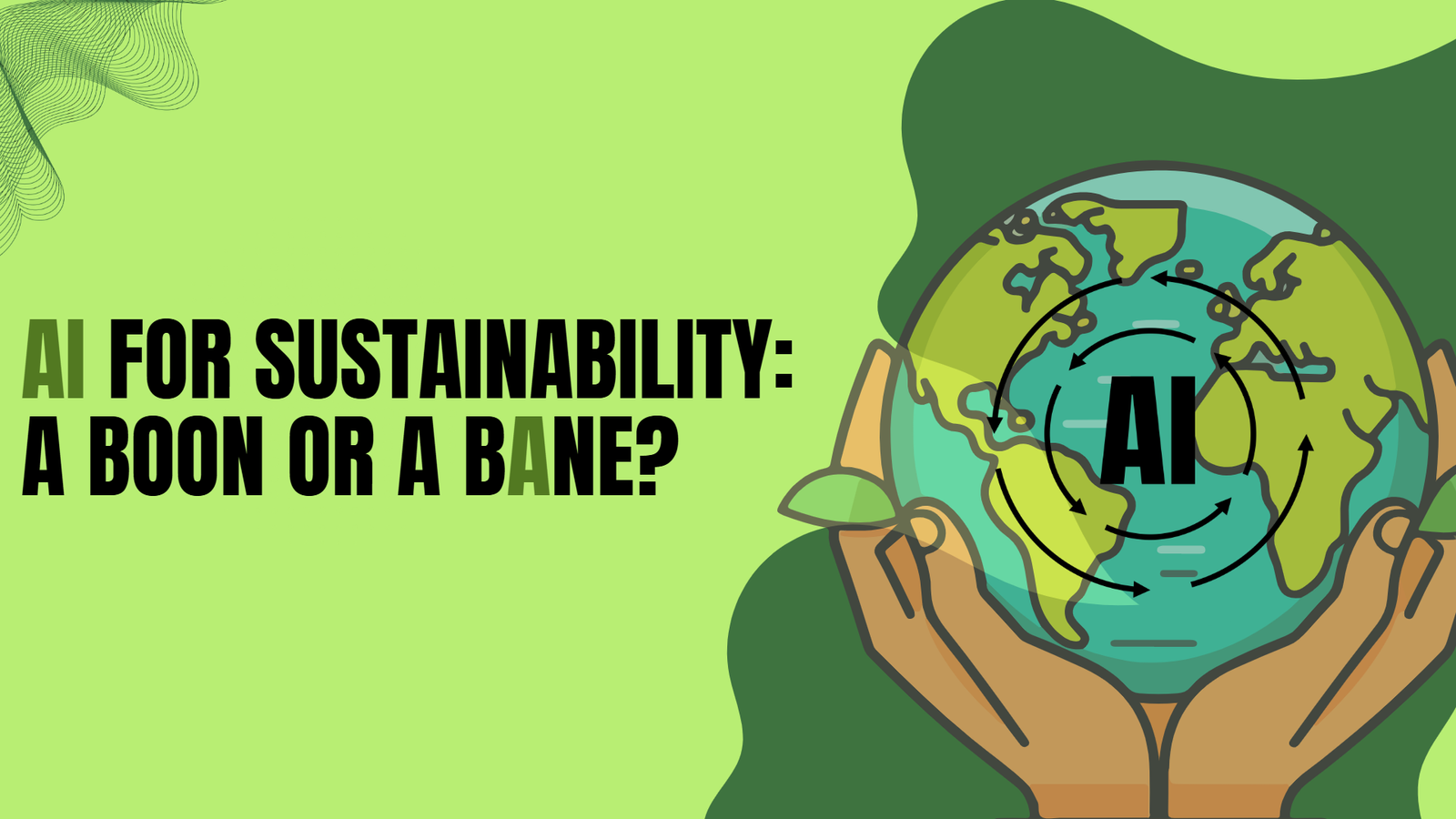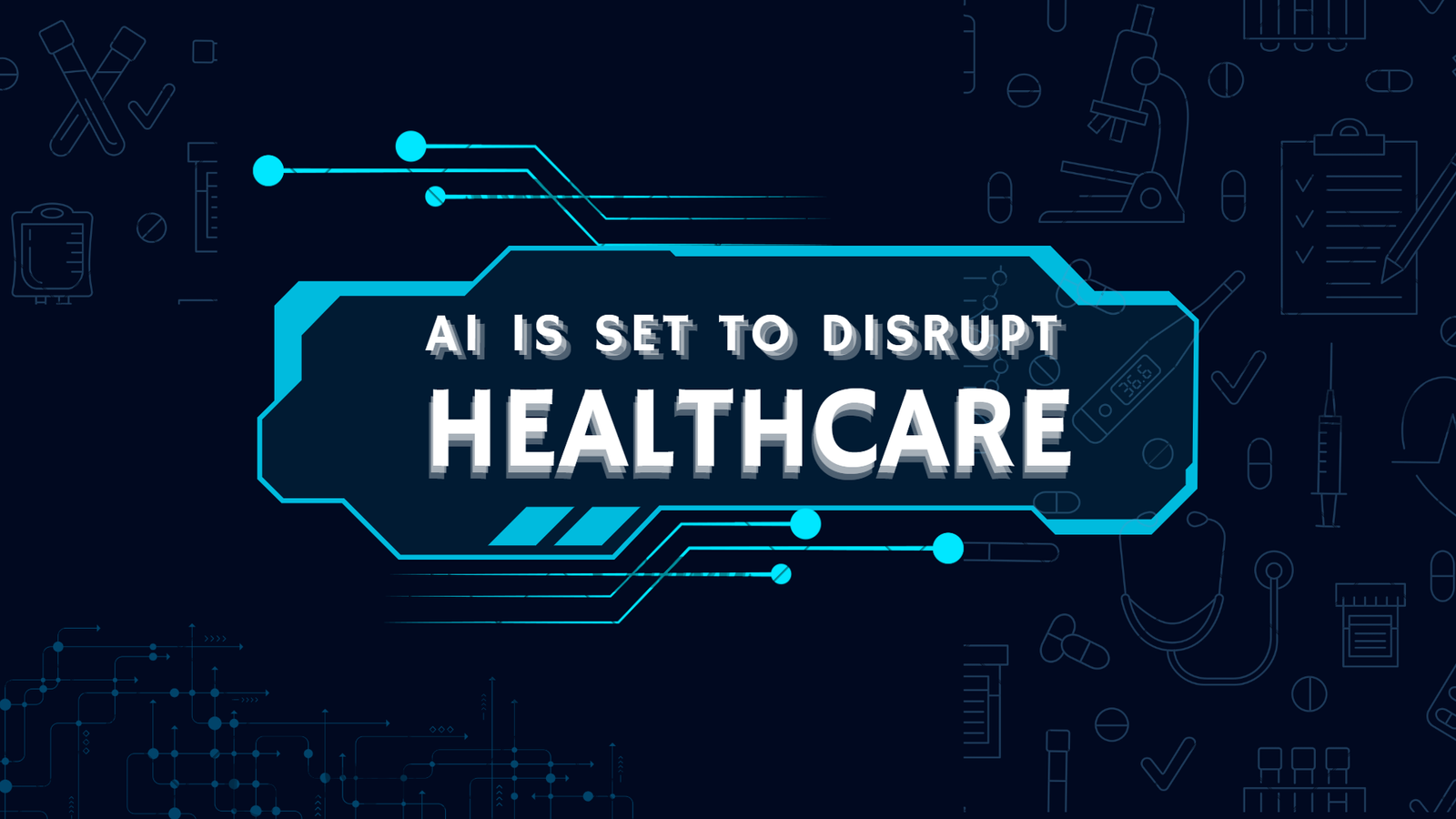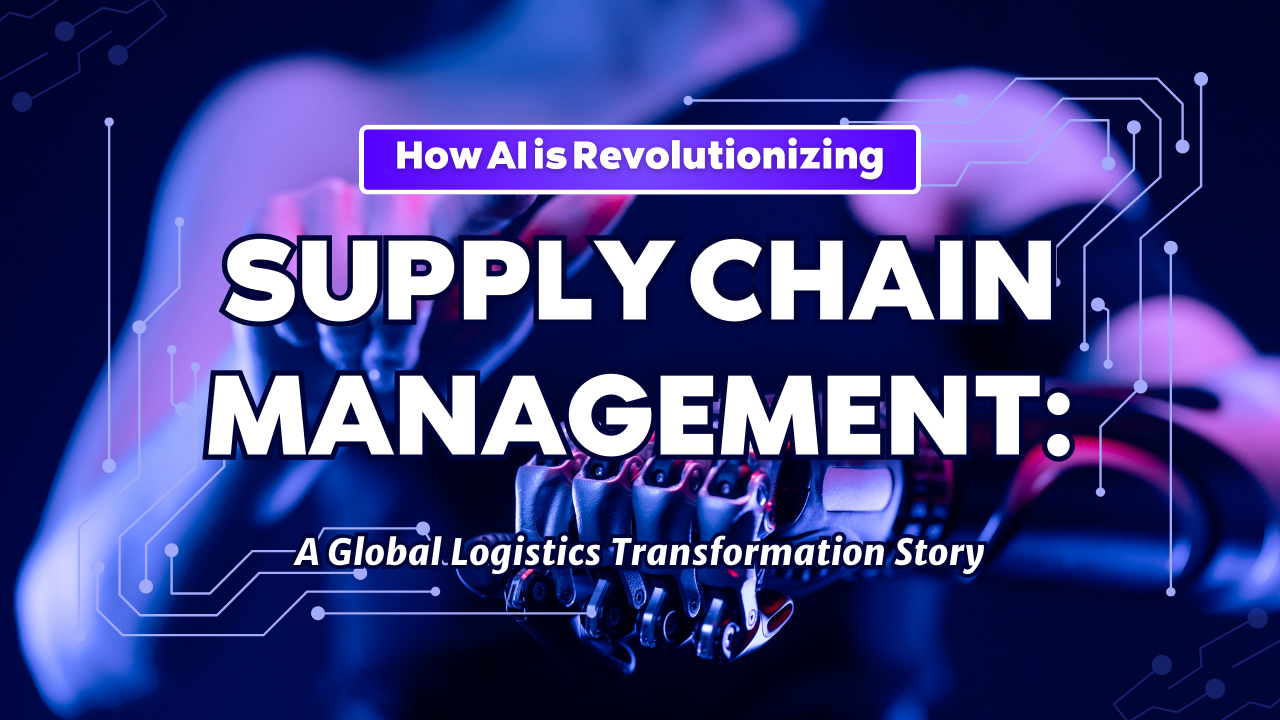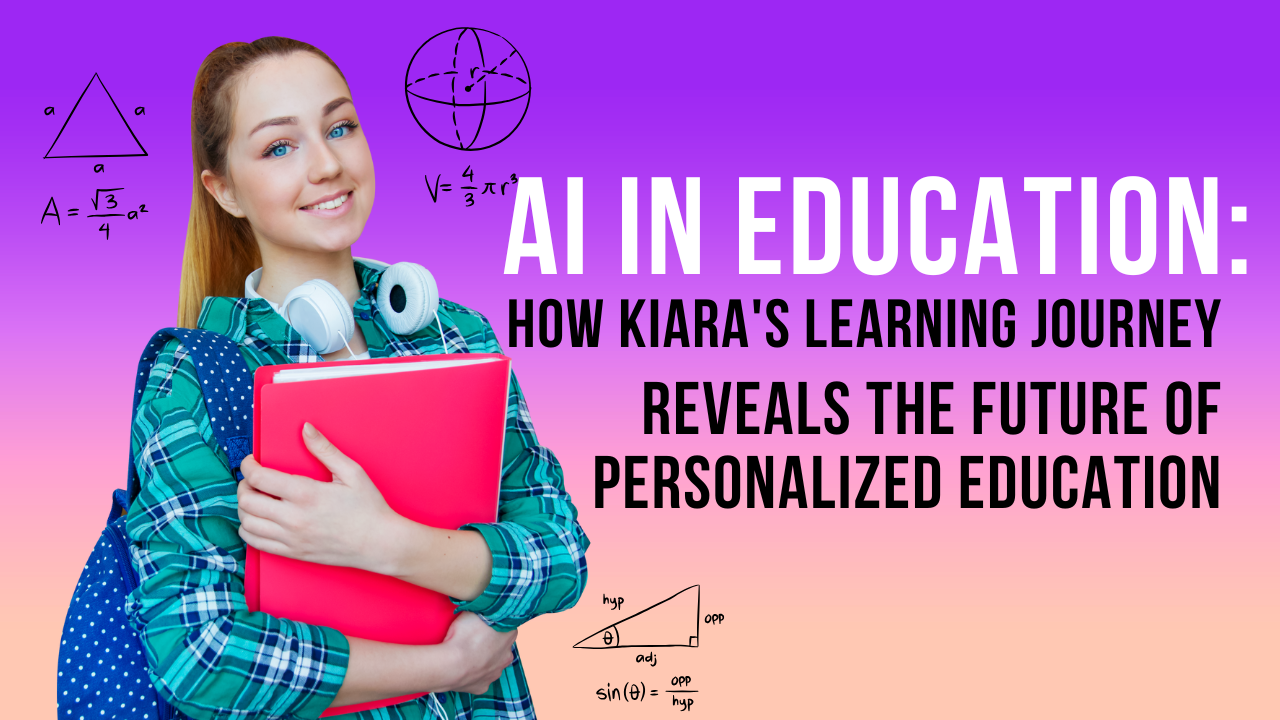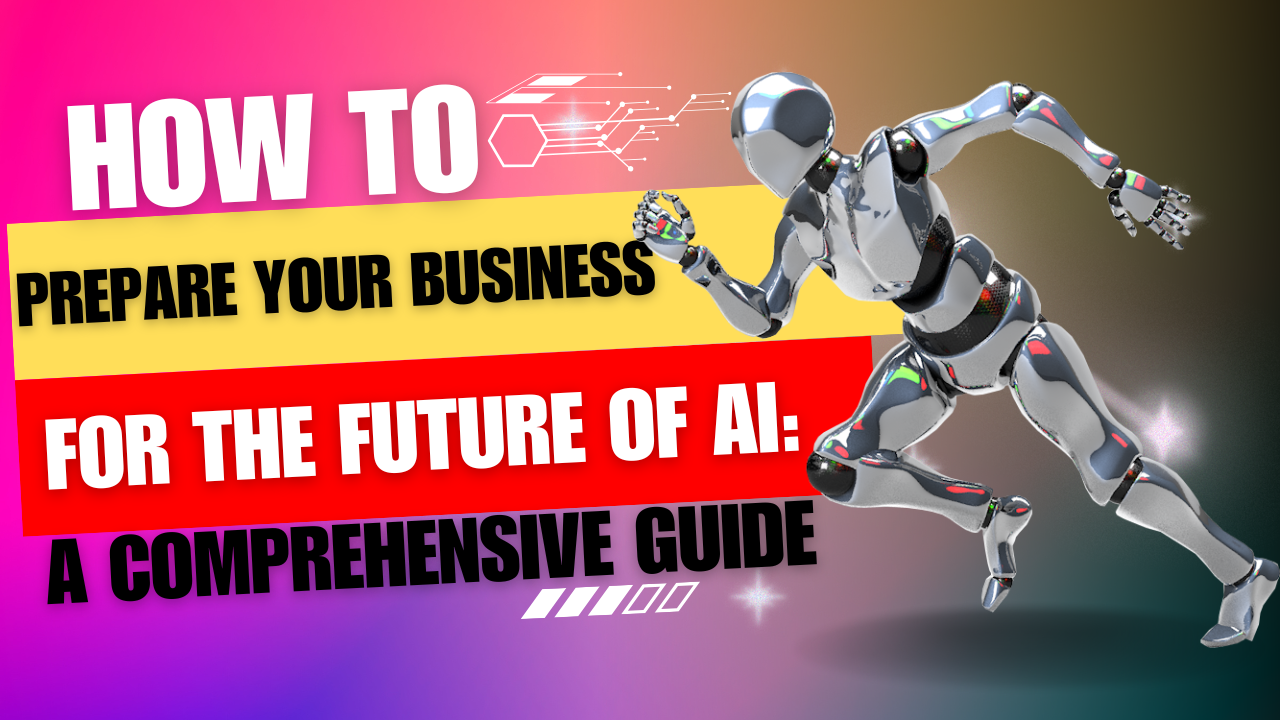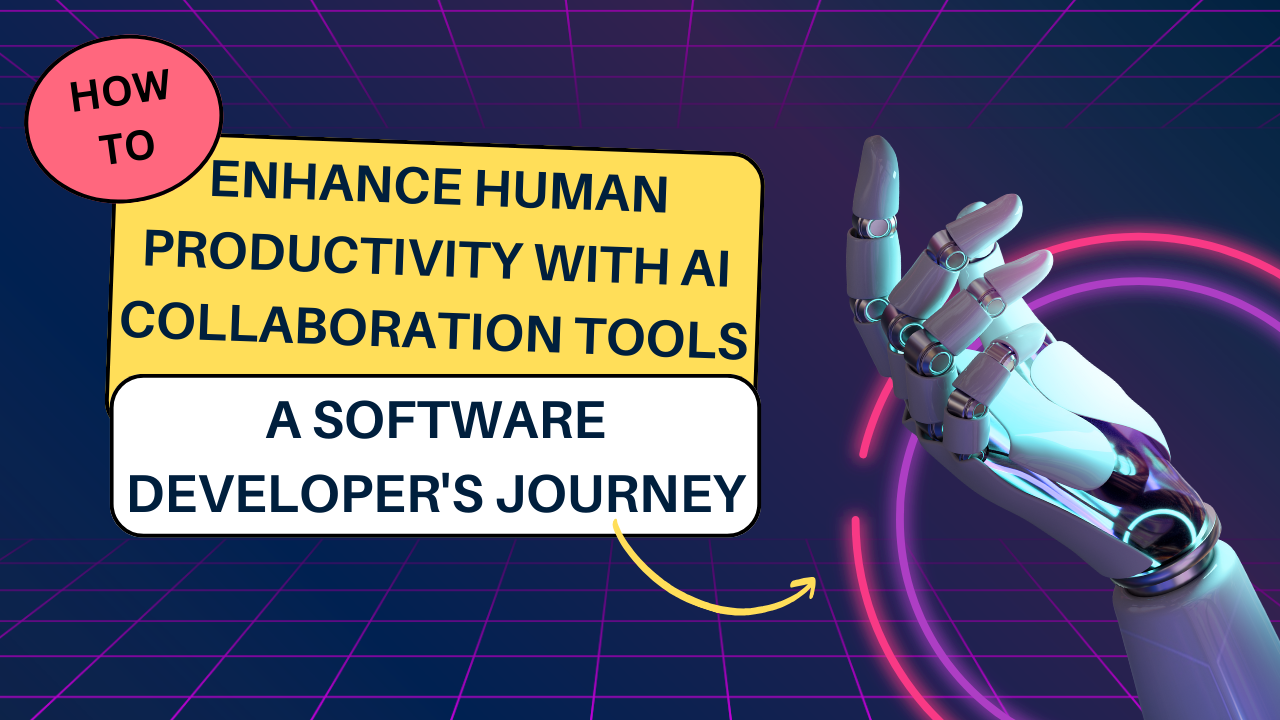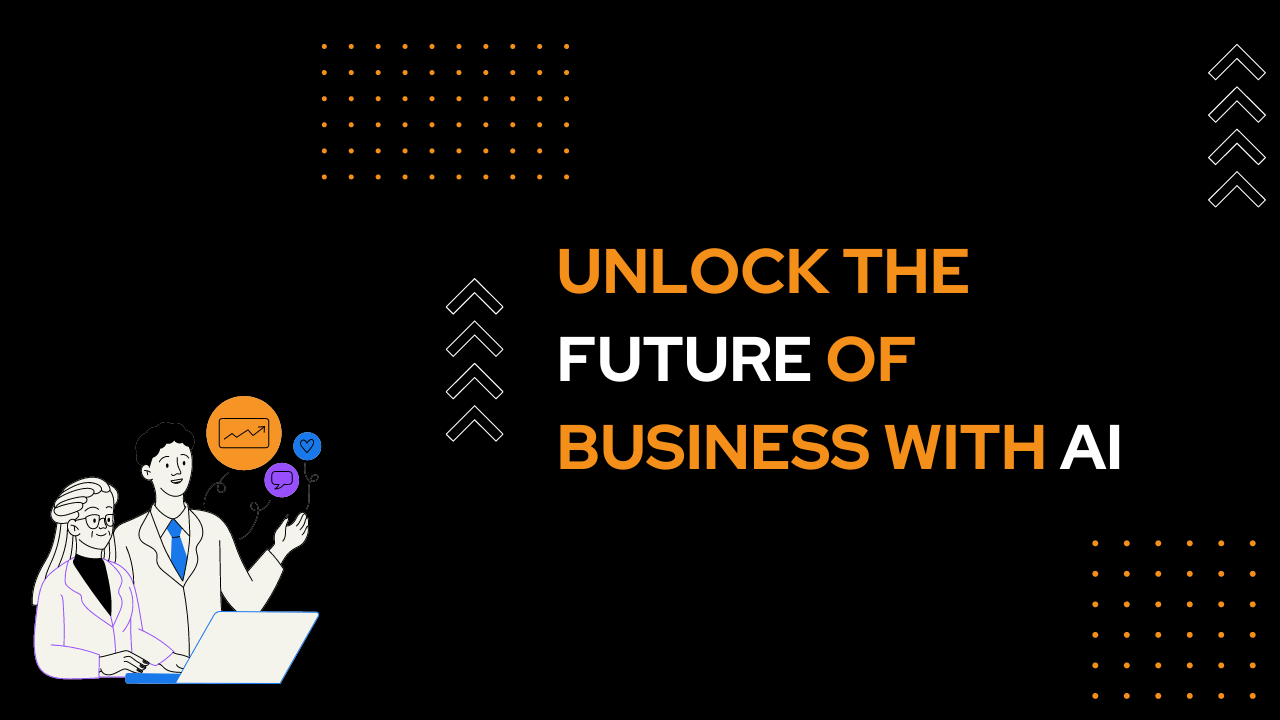In the rapidly evolving landscape of technology, Artificial Intelligence (AI) stands out as a game-changer across various sectors. From healthcare to finance, manufacturing to entertainment, AI is revolutionizing the way we work, live, and interact with the world around us. In this blog post, we’ll explore ten groundbreaking AI applications that are reshaping industries and paving the way for a more efficient, innovative future.
1. Healthcare: AI-Powered Diagnostics and Drug Discovery
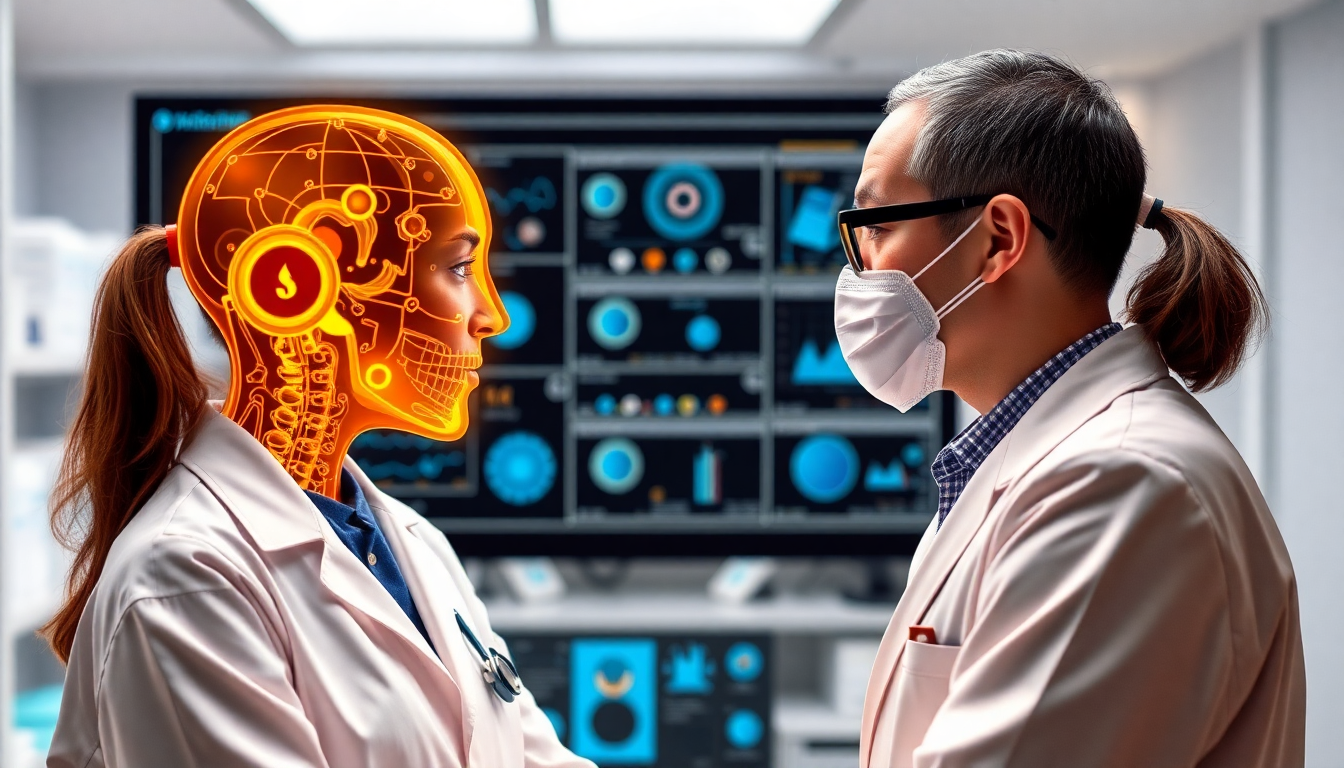
The healthcare industry has witnessed a significant transformation with the integration of AI. One of the most impactful applications is in medical imaging and diagnostics. AI algorithms can now analyze medical images with remarkable accuracy, often surpassing human capabilities in detecting anomalies.
Case Study: DeepMind’s AI system for breast cancer detection
DeepMind, a subsidiary of Alphabet Inc., developed an AI system that can detect breast cancer in mammograms with greater accuracy than human radiologists. In a study published in Nature, the AI demonstrated a reduction in both false positives and false negatives, potentially revolutionizing breast cancer screening processes.
Another exciting area is drug discovery. AI is accelerating the process of identifying potential drug candidates and predicting their efficacy and side effects. This not only saves time but also reduces the costs associated with traditional drug development methods.
Case Study: Atomwise’s AI for rapid drug discovery
Atomwise, a biotech company, used its AI-powered platform to identify potential treatments for Ebola virus. The AI system analyzed millions of compounds and identified several that showed promise in blocking the virus’s ability to infect cells. This process, which typically takes months or years, was completed in just a few days.
2. Finance: AI-Driven Fraud Detection and Algorithmic Trading

The financial sector has embraced AI to enhance security and improve trading strategies. Fraud detection systems powered by AI can analyze vast amounts of transaction data in real-time, identifying suspicious patterns and anomalies that might indicate fraudulent activity.
Case Study: Mastercard’s AI-powered fraud detection
Mastercard implemented an AI-based fraud detection system that analyzes over 75 billion transactions annually. The system evaluates each transaction in milliseconds, considering hundreds of data points to determine if it’s legitimate or fraudulent. This has resulted in a significant reduction in false declines and improved overall security for cardholders.
In the realm of trading, algorithmic trading systems enhanced by AI are becoming increasingly sophisticated. These systems can analyze market trends, news sentiment, and other factors to make split-second trading decisions.
Case Study: JPMorgan’s LOXM AI trading program
JPMorgan Chase developed an AI-powered trading algorithm called LOXM (Limit Order Execution Model) that can execute trades with far greater efficiency than traditional methods. The system learns from historical data and adapts to changing market conditions in real-time, optimizing trade execution and potentially saving millions in transaction costs.
3. Manufacturing: AI in Predictive Maintenance and Quality Control

The manufacturing industry is leveraging AI to optimize production processes, reduce downtime, and improve product quality. Predictive maintenance is one area where AI is making a significant impact. By analyzing data from sensors and historical maintenance records, AI systems can predict when equipment is likely to fail, allowing for proactive maintenance and minimizing costly unplanned downtime.
Case Study: Siemens’ AI-driven predictive maintenance
Siemens implemented an AI-based predictive maintenance system in its gas turbine manufacturing process. The system analyzes data from sensors installed on the turbines, predicting potential failures up to weeks in advance. This has resulted in a 30% reduction in downtime and significant cost savings.
AI is also revolutionizing quality control processes. Computer vision systems powered by AI can inspect products at speeds and levels of accuracy that far surpass human capabilities.
Case Study: BMW’s AI quality control system
BMW integrated an AI-powered quality control system into its production lines. The system uses computer vision to inspect every vehicle component, detecting even the smallest defects that might be missed by human inspectors. This has led to improved product quality and reduced waste in the manufacturing process.
4. Agriculture: AI for Precision Farming and Crop Management

The agricultural sector is embracing AI to address challenges related to food security, sustainability, and productivity. Precision farming techniques enhanced by AI are helping farmers make data-driven decisions about planting, irrigation, and harvesting.
Case Study: Blue River Technology’s See & Spray system
Blue River Technology, a subsidiary of John Deere, developed an AI-powered precision spraying system called See & Spray. The system uses computer vision to identify weeds in real-time and apply herbicides only where needed, reducing chemical usage by up to 90% while maintaining crop yields.
AI is also being used for crop management and yield prediction. Machine learning algorithms can analyze satellite imagery, weather data, and soil information to predict crop yields and identify potential issues before they become significant problems.
Case Study: Microsoft’s AI for Earth program in India
Microsoft partnered with the International Crops Research Institute for the Semi-Arid Tropics (ICRISAT) to develop an AI-powered sowing app for farmers in India. The app uses machine learning models to analyze weather patterns and soil conditions, providing farmers with personalized recommendations on when to sow their crops. This has resulted in a 30% increase in yield for participating farmers.
5. Automotive: Self-Driving Cars and AI-Enhanced Safety Systems
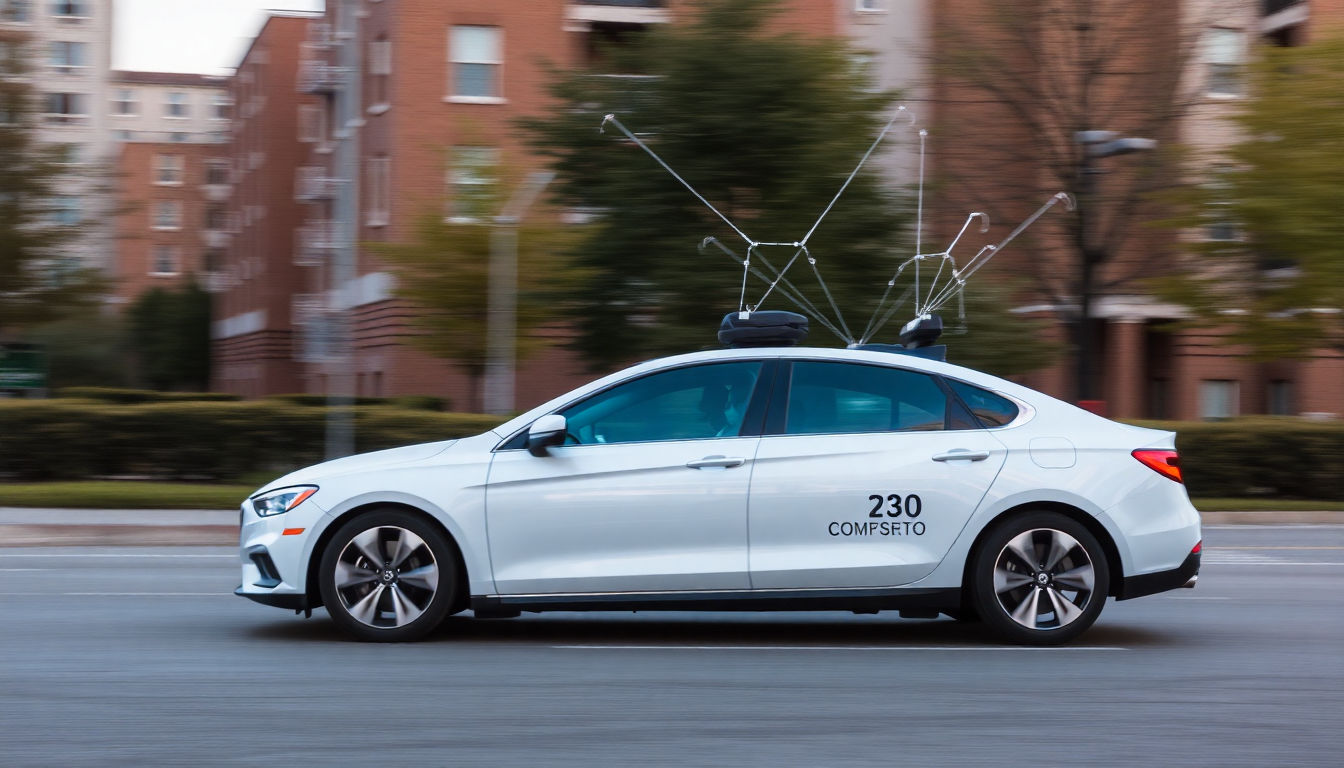
The automotive industry is at the forefront of AI innovation, with self-driving cars being one of the most anticipated technologies. While fully autonomous vehicles are still in development, AI is already playing a crucial role in enhancing vehicle safety and efficiency.
Case Study: Waymo’s autonomous driving technology
Waymo, a subsidiary of Alphabet Inc., has been a pioneer in self-driving technology. Their AI-powered vehicles have driven millions of miles on public roads, learning from a wide range of scenarios to improve safety and performance. Waymo’s technology has the potential to significantly reduce traffic accidents, most of which are caused by human error.
AI is also being integrated into advanced driver assistance systems (ADAS) to improve safety features such as collision avoidance, lane departure warnings, and adaptive cruise control.
Case Study: Mobileye’s AI-powered collision avoidance system
Mobileye, an Intel company, has developed AI-powered vision systems for vehicles that can detect and classify objects on the road, predict potential collisions, and alert drivers or take autonomous action to prevent accidents. These systems have been adopted by numerous automotive manufacturers and have shown significant improvements in road safety.
6. Retail: AI-Powered Personalization and Inventory Management

The retail industry is leveraging AI to enhance customer experiences and optimize operations. Personalization algorithms are being used to analyze customer data and provide tailored product recommendations, improving customer satisfaction and increasing sales.
Case Study: Amazon’s personalized recommendation engine
Amazon’s recommendation system, powered by machine learning algorithms, analyzes vast amounts of customer data, including purchase history, browsing behavior, and product ratings. This allows Amazon to provide highly personalized product recommendations, which account for a significant portion of their sales.
AI is also revolutionizing inventory management in retail. Machine learning models can analyze sales data, seasonal trends, and external factors to optimize stock levels and reduce waste.
Case Study: H&M’s AI-powered inventory management
H&M implemented an AI system to analyze store receipts, returns, and loyalty card data to optimize inventory allocation across its stores. The system helps predict demand for specific items in different locations, reducing overstock situations and minimizing the need for markdowns.
7. Energy: AI for Smart Grids and Renewable Energy Optimization

The energy sector is embracing AI to improve efficiency and accelerate the transition to renewable energy sources. Smart grid systems enhanced by AI can better manage energy distribution, predict demand, and integrate renewable energy sources more effectively.
Case Study: DeepMind’s AI for wind farm optimization
DeepMind partnered with Google to use AI for optimizing wind farms. Their system uses neural networks to predict wind power output 36 hours in advance, allowing for better integration with the power grid. This resulted in a 20% increase in the value of the wind energy produced.
8. Education: AI-Powered Personalized Learning and Intelligent Tutoring Systems

The education sector is leveraging AI to provide more personalized and effective learning experiences. Adaptive learning platforms use AI to analyze student performance and tailor content to individual learning needs.
Case Study: Carnegie Learning’s MATHia platform
Carnegie Learning’s MATHia is an AI-powered math learning platform that adapts to each student’s individual needs. The system uses machine learning algorithms to analyze student responses and provide personalized feedback and instruction. Studies have shown that students using MATHia demonstrate significantly higher math proficiency compared to traditional methods.
AI is also being used to develop intelligent tutoring systems that can provide one-on-one instruction and support to students.
Case Study: Third Space Learning’s AI-powered tutoring
Third Space Learning uses AI to enhance its online tutoring services. The system analyzes the interactions between students and tutors, providing real-time feedback to tutors on their teaching effectiveness and suggesting personalized strategies for each student. This has resulted in improved learning outcomes and more efficient tutoring sessions.
9. Cybersecurity: AI for Threat Detection and Response

As cyber threats become increasingly sophisticated, AI is playing a crucial role in enhancing cybersecurity measures. Machine learning algorithms can analyze network traffic patterns and user behavior to detect anomalies and potential security breaches in real-time.
Case Study: Darktrace’s AI-powered cyber defense platform
Darktrace developed an AI-based cybersecurity platform that uses unsupervised machine learning to detect and respond to cyber threats. The system creates a continuously updated ‘pattern of life’ for every user and device in an organization’s network, allowing it to identify and neutralize threats that traditional security measures might miss.
AI is also being used to automate incident response processes, enabling faster and more effective reactions to security breaches.
Case Study: IBM’s Watson for Cyber Security
IBM’s Watson for Cyber Security uses natural language processing and machine learning to analyze vast amounts of security data, including research papers, blog posts, and security bulletins. This allows security analysts to quickly gather relevant information about potential threats and make more informed decisions about how to respond.
10. Entertainment: AI in Content Creation and Personalized Recommendations
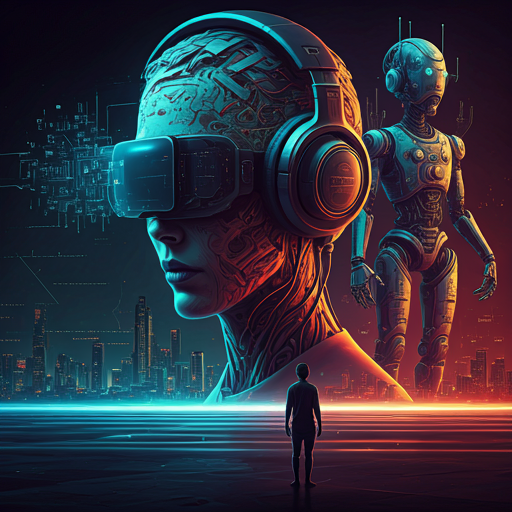
The entertainment industry is leveraging AI to enhance content creation processes and provide more personalized experiences for consumers. AI-generated content is becoming increasingly sophisticated, with applications ranging from music composition to video game design.
Case Study: AIVA’s AI music composition
AIVA (Artificial Intelligence Virtual Artist) is an AI system that composes original music. It has been used to create soundtracks for films, video games, and commercials. The AI analyzes vast amounts of classical music to learn patterns and structures, allowing it to generate original compositions in various styles.
AI is also revolutionizing the way streaming platforms recommend content to users. Recommendation algorithms powered by machine learning can analyze viewing habits and preferences to suggest personalized content.
Case Study: Netflix’s AI-powered recommendation system
Netflix’s recommendation system uses sophisticated machine learning algorithms to analyze user behavior, viewing history, and content metadata. This allows Netflix to provide highly personalized content recommendations, which have been estimated to save the company over $1 billion per year in customer retention.
Conclusion
The innovative AI applications we’ve explored in this blog post are just the tip of the iceberg. As AI technology continues to advance, we can expect to see even more transformative applications across industries. From improving healthcare outcomes to enhancing cybersecurity, optimizing energy distribution to personalizing education, AI is reshaping the way we approach complex challenges and opening up new possibilities for innovation.
However, it’s important to note that while AI offers tremendous benefits, it also raises important ethical considerations and challenges. As we continue to develop and implement AI technologies, it’s crucial to address issues such as data privacy, algorithmic bias, and the potential impact on employment.
The future of AI is both exciting and complex. By embracing these technologies responsibly and thoughtfully, we can harness the power of AI to create a more efficient, sustainable, and innovative world for generations to come.

